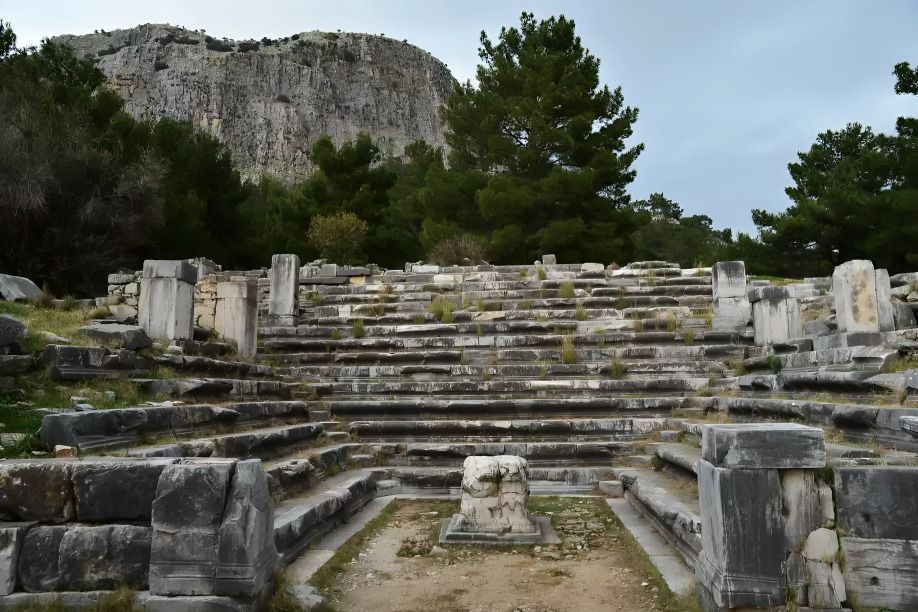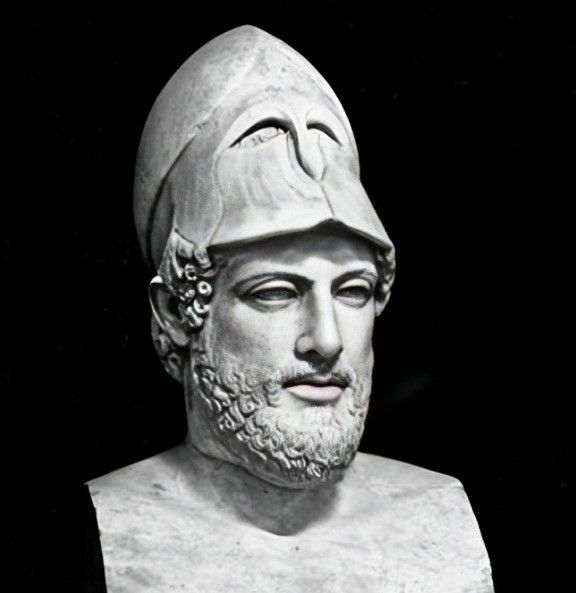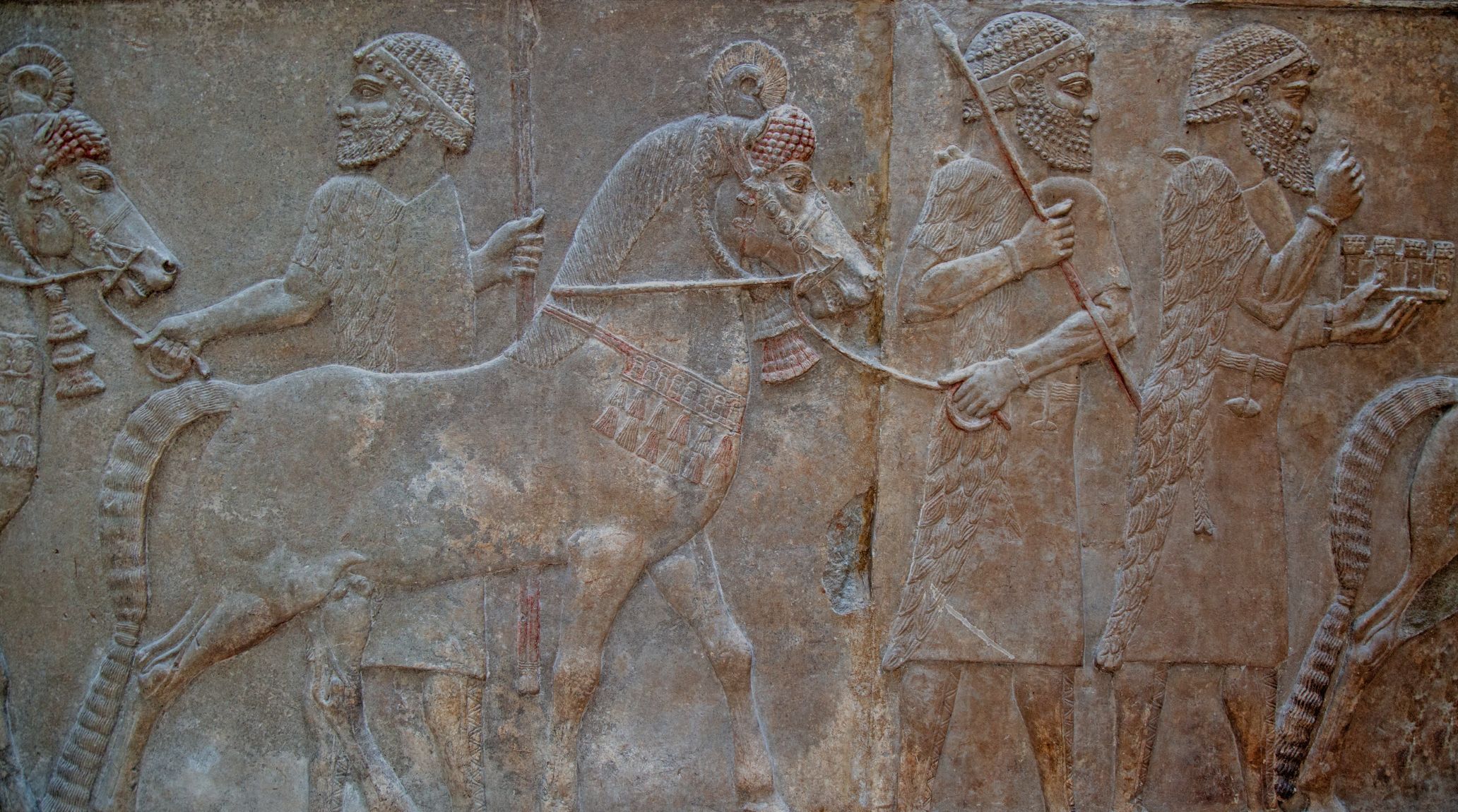
“
The Birth of Democracy in Athens marked a revolutionary shift in governance and political thought. This pioneering government model laid the groundwork for modern democracy. In this blog, we’ll explore 20 fascinating facts about the birth of democracy in Athens and its impact on ancient Greek governance.1
1
1
”
In 508 BC, Athens established one of the first democracies under Cleisthenes, the 'Father of Democracy.' His reforms aimed to limit aristocratic power and involve more citizens in governance. 1
Athenian democracy was direct, with citizens voting on laws and policies themselves. Male citizens participated in decision-making through large public assemblies, rather than electing representatives. 2
Not all residents of Athens were allowed to participate in democracy. Citizenship was limited to free adult males who had completed military training. Women, slaves, and foreigners were excluded from the democratic process. 3
The Assembly, or "Ekklesia," was the heart of Athenian democracy. It met around 40 times a year, and any eligible citizen could attend and vote on key issues like war, legislation, and foreign policy, making it a highly inclusive forum. 4
Cleisthenes introduced a new political organization based on geographic divisions called "demes." These local units replaced the traditional tribal system and aimed to break up the influence of powerful families, fostering political equality. 5
Athenian democracy utilized a system called "sortition" to select public officials. Citizens were randomly chosen by lot for many public offices, reflecting the belief that any citizen was capable of governing if given the chance. 6

The Athenian Council, or "Boule," was a key governing body of 500 citizens selected annually. It oversaw the implementation of laws passed by the Assembly and managed daily governmental affairs, acting as an executive branch.
Ostracism was a unique Athenian practice allowing citizens to vote to exile a dangerous or overly powerful leader for 10 years, after which they could return without losing property or rights. 7
Athenian democracy encouraged open debate and citizen participation. In the Assembly, citizens freely discussed the state’s future, promoting political engagement and intellectual discourse. 8
Athenian democracy influenced political thought beyond its borders. Philosophers like Socrates, Plato, and Aristotle analyzed its strengths and weaknesses, shaping later democratic theories and political philosophy in Western history. 9
One of the major innovations of Athenian democracy was the establishment of courts in which citizens acted as jurors. Large juries of 200 to 500 citizens were selected to ensure fair verdicts in trials involving public or private disputes. 10
Unlike modern democracies, there were no political parties in ancient Athens. Citizens voted based on individual proposals rather than following party lines, allowing for a more direct expression of the public’s will. 11
Athens' democracy was fragile and was interrupted by periods of oligarchic rule. For example, the "Thirty Tyrants" briefly seized power after Athens lost the Peloponnesian War, but democracy was restored after their defeat. 12

Pericles, a prominent Athenian statesman, expanded democracy during his time in power by increasing the number of paid public officials. This allowed even poorer citizens to participate in government by compensating them for their civic duties.
Democracy in Athens was closely tied to military service. Only those who had completed military training could vote, and participation in the army or navy was seen as a key part of citizenship, linking democratic rights to civic responsibilities. 13
Athenian democracy was criticized by some of its citizens. For example, the philosopher Plato believed that democracy allowed unqualified individuals to hold power and argued that philosopher-kings would be better suited to rule. 14
Athens introduced the concept of "isonomia," or equality before the law, which was a cornerstone of its democratic system. This principle emphasized that every citizen had equal rights in legal matters, regardless of their social or economic status.15
One of the weaknesses of Athenian democracy was its reliance on a slave-based economy. While citizens enjoyed political freedoms, much of the city's labor was performed by slaves, highlighting a significant contradiction in its social structure. 16
The Athenian democratic system influenced later political developments, including the Roman Republic and the democratic experiments of the Renaissance. Its legacy continues to shape modern democratic institutions around the world.17
Though Athenian democracy eventually declined, particularly after the rise of Macedonian power under Philip II and Alexander the Great, its innovations laid the groundwork for the development of democratic principles in Western civilization. 18


